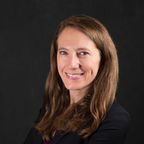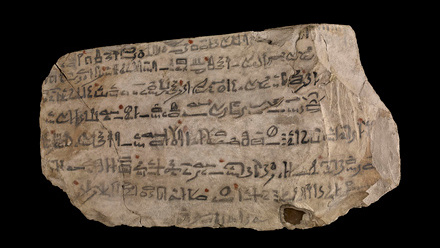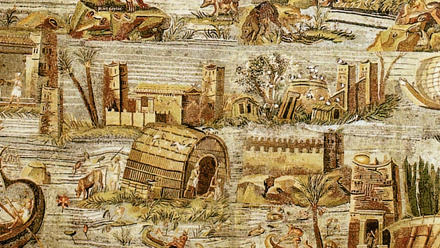…on whose toil most of my work has depended
Recordings will be made available for those unable to attend the live sessions!
This course will look at a history of Western Egyptology that participants never knew they never knew! Familiar figures like Stuart Poole, William Matthew Flinders Petrie, Howard Carter, and James Breasted will appear, but only as background figures. Instead, focusing on the UK and the US, women will take the stage as the main characters in the foundational work of Western Egyptology for a century. The impact of women like Maggie Benson, Emma Andrews, and Caroline Ransom Williams will be discussed and analysed through their work as travellers, excavators, teachers, and curators.
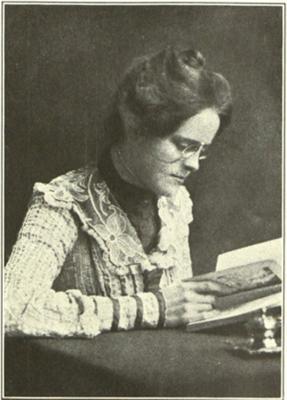
Caroline Ransom in 1908 Bryn Mawr Yearbook
Moving through the period chronologically and thematically, participants will come away from the course with a deep understanding that women, far from being footnotes to the history of the discipline of Egyptology, were, in fact, major figures in the field. Together, we will learn that looking past the Great Men is critical to a full and inclusive history of Egyptology.

No prior knowledge of anything is necessary, but an interest and excitement about Egyptology and its history is appreciated. A general knowledge of some Egyptological figures would be beneficial, but again, not necessary, as this will be covered throughout the course.
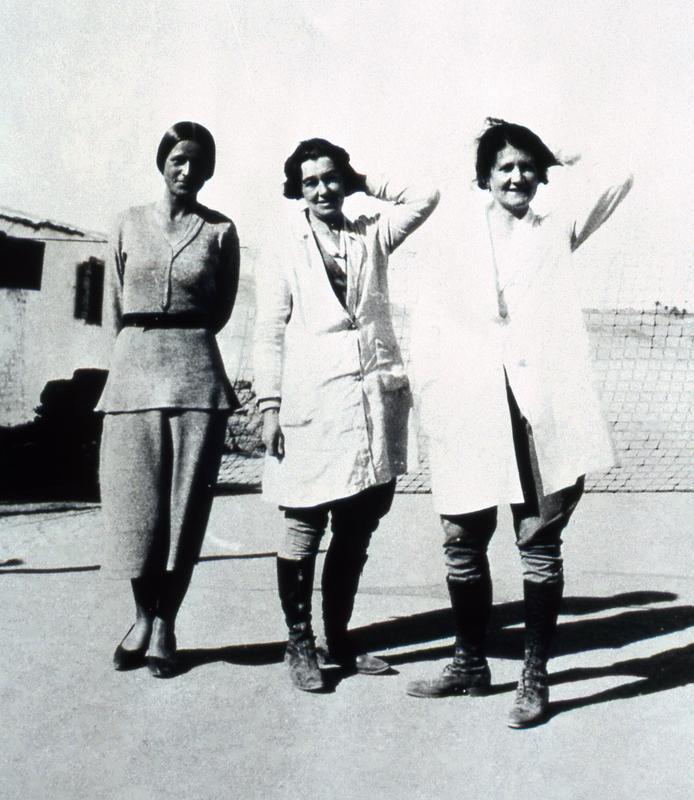
Mary Jonas, Myrtle Broome and Amice Calverley at Abydos,1932
Course Outline
Please note that main content will be delivered between 18:00-19:30, though some optional participation (quizzes, Q&A, etc.) may continue beyond that time.
Thursday 3 October 2024, 18:00-19:30 (UK time)
Week One - On Whose Toil did Egyptology Depend?
This first class will introduce participants to the traditionally-told history of Western Egyptology, from about 1790 to the 1960s. It will focus on the UK and the US and their involvement in uncovering artefacts, removing them from Egypt, and building knowledge and understanding of the history of ancient Egypt.
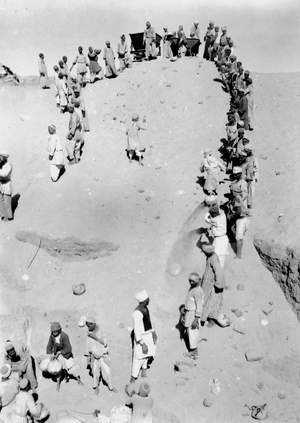
Excavations at Amarna in 1933-1934 (EES.TA.NEG.33-34.A.123)
Thursday 10 October 2024, 18:00-19:30 (UK time)
Week Two - Travellers and Travel Writing
This week, we begin by following women as they trekked through Egypt. Early on in Egyptology, women were not allowed on excavation sites in Egypt in any substantial way, so being tourists and travellers, and sharing their experiences in the form of journals, publications, travelogues, letters, and more was how these early women, including Lucie, Lady Duff Gordon, Amelia Edwards, and Marianne Brocklehurst, helped to get the public interested in visiting Egypt. They opened the door for countless visitors, especially women inspired by their work, to enjoy the country while beginning to build the discipline of Egyptology.
Thursday 17 October 2024, 18:00-19:30 (UK time)
Week Three - Excavators and Patrons
This week, we dive deep into the excavation pit right alongside the women who wielded the shovels and trowels. Usually wealthy, women like Maggie Benson, Janet Gourlay, and Emma Andrews smashed ceilings (or floors) for women in the field by showing that their methods were as exacting and their finds were as exciting as their male counterparts, if not more so. The impact of their finds and their site publications on the understanding of the ancient world were unparalleled. They showed that women could and would dig too.
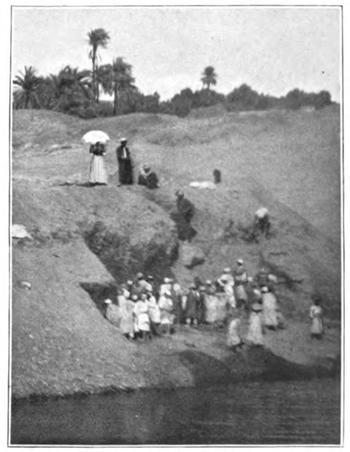
Temple of Mut in Asher (1899) – Maggie Benson “Cutting down the Southern Slope”
Thursday 24 October 2024, 18:00-19:30 (UK time)
Week Four - Teaching and Training
This week, the story we are learning shows women in positions of authority both in university classrooms and on the field site. Women like Margaret Murray and Annie Quibell were well-respected and sought-after artists who could paint a tomb wall as though they were taking a photograph. Further, they trained future Egyptologists on-site and in the classroom, once again moving the needle on women’s abilities and the expectations they carried with them into the field. The students they trained and the ways they pushed disciplinary and gender boundaries would continue to impact Egyptology for decades.
Thursday 31 October 2024, 18:00-19:30 (UK time)
Week Five - Curating and Publishing
In our final week together, we will see a new view of women administrators in museums as central figures in establishing some of the biggest and best collections of Egyptian antiquities around the world. The careers of Kate Griffith, Emily Paterson, and Caroline Ransom Williams were instrumental in the collections we continue to enjoy today in London, New York, and all over the world. Because of these women, the Egypt Exploration Society is still excavating in Egypt, the Metropolitan Museum of Art has an intact tomb for people to experience, and the public has access to all of these artefacts and can begin to understand their significance.
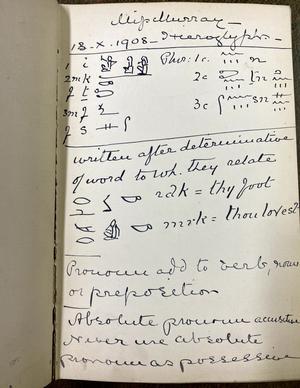
Emily Paterson Lecture book, 1908 (EES)
Booking and information
Register for your place in advance using the link below. After registering, you will receive a confirmation email containing information about your booking. If you do not receive your email, then please check your junk folders before contacting the Egypt Exploration Society. The course will be held on our Zoom platform and attendees will be able to interact by asking questions, using the chat and polls. It is not necessary to have a working webcam or microphone for this course. The online course will be complemented by Google Drive, where resources will be uploaded.
Please ensure that you have read our guide to attending EES online events before the course begins.

